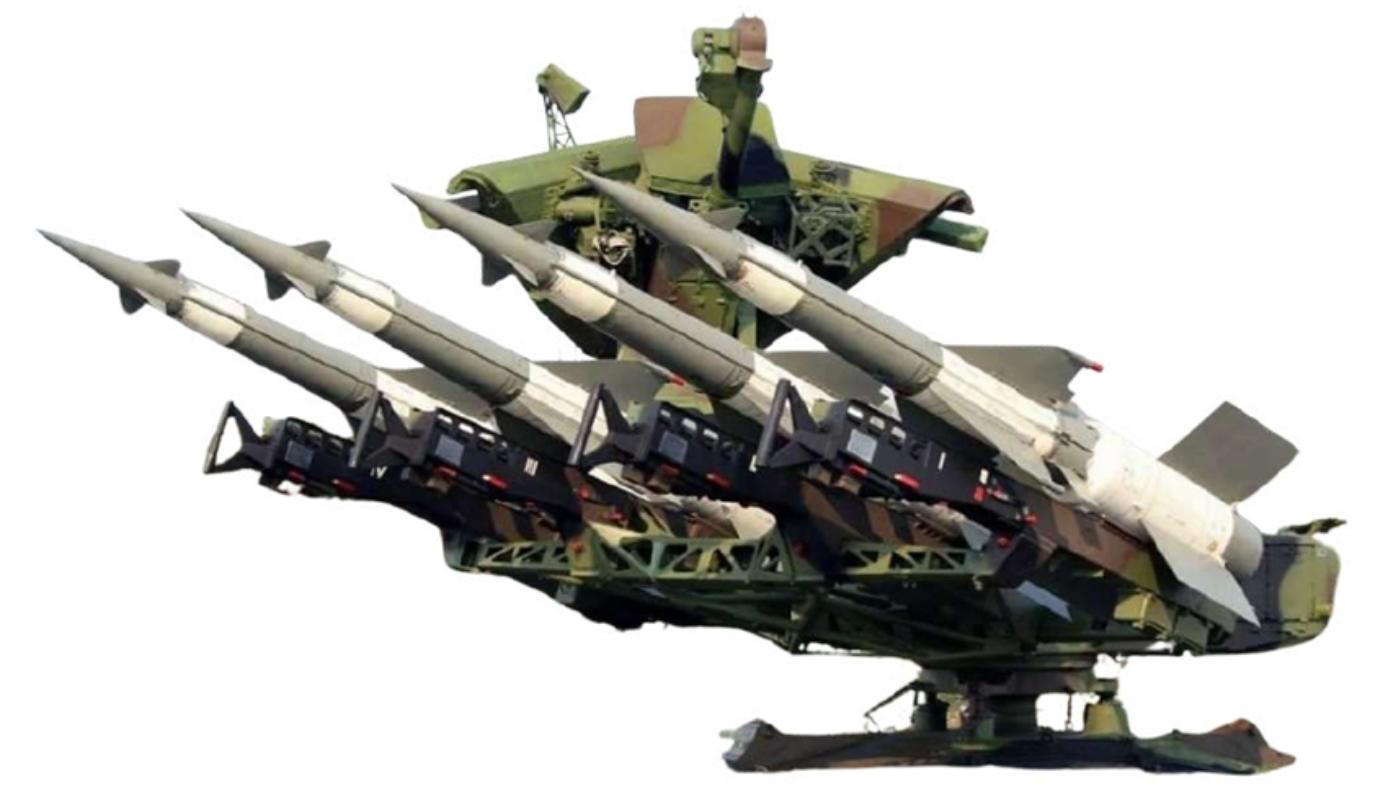


In an increasingly connected world, the nation-state is less sovereign today that it was ever before. Some of the most consequential issues today – climate change, terrorism, international trade, or global violations of human rights – cannot be dealt by any country in isolation. Under this theme, we work on how India can engage deeply with the rest of the world to protect its interests and to promote global peace and security. We focus especially on these three sub-themes:
Stay updated with the latest analyses, delivered to your inbox
RGICS is the division of the Rajiv Gandhi Foundation engaged in the study of contemporary issues. The views represented in the various papers/articles/videos on the RGICS website are those of the respective authors /speakers and do not represent the views of the Trustees of the Rajiv Gandhi Foundation.